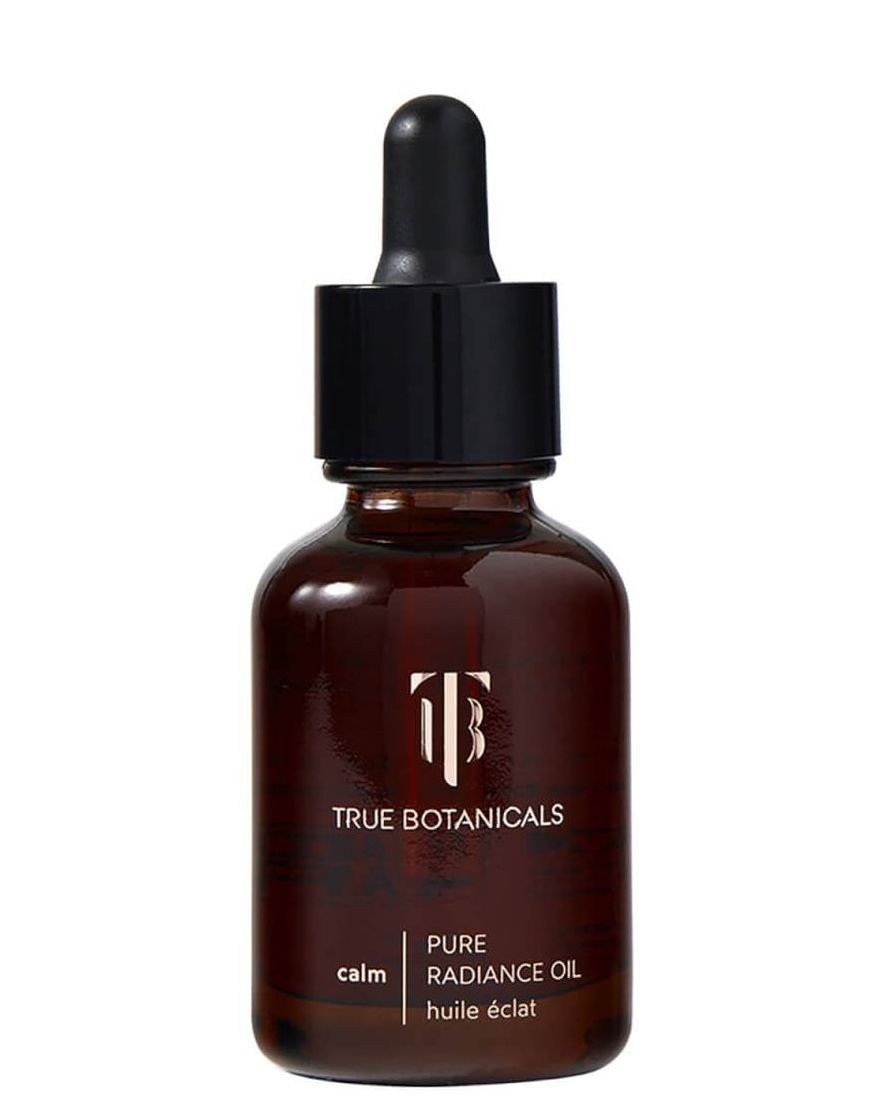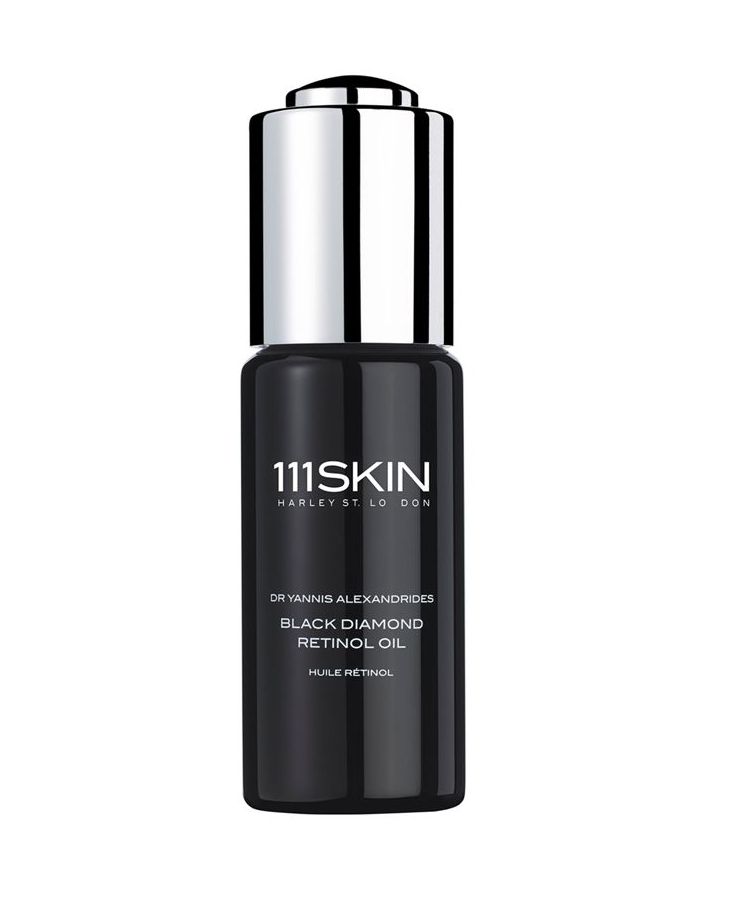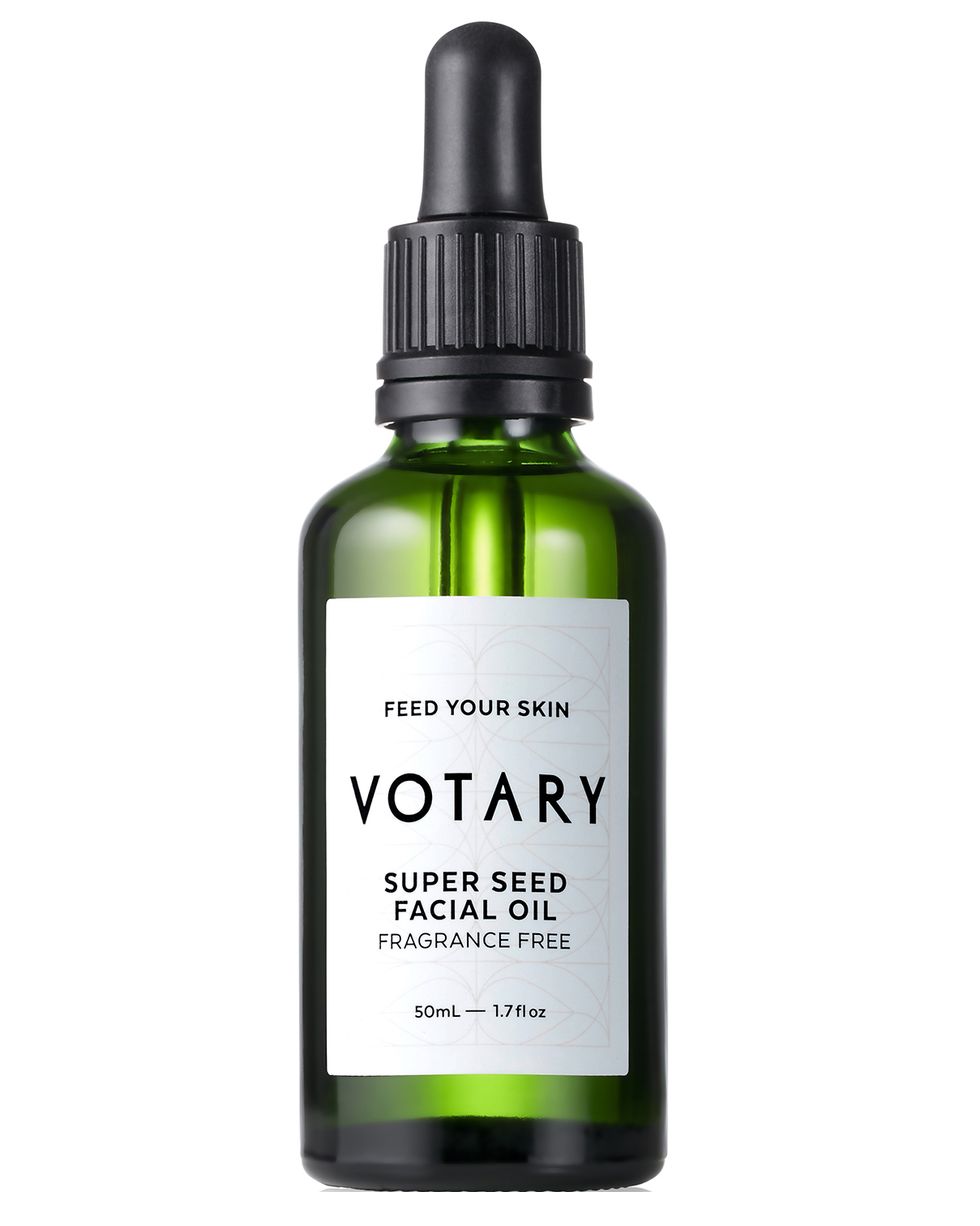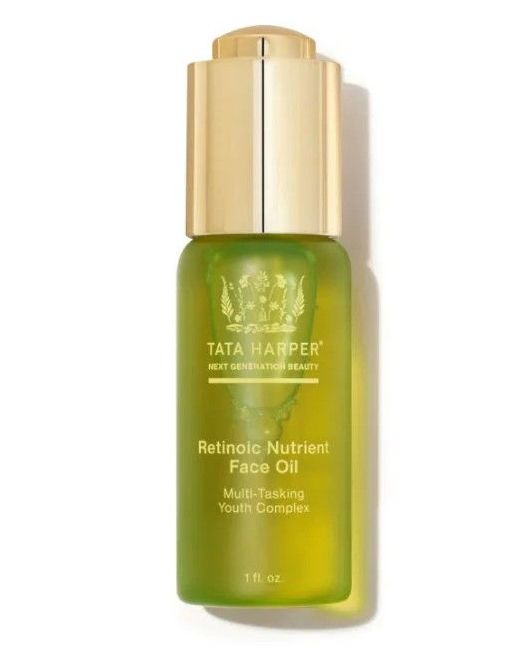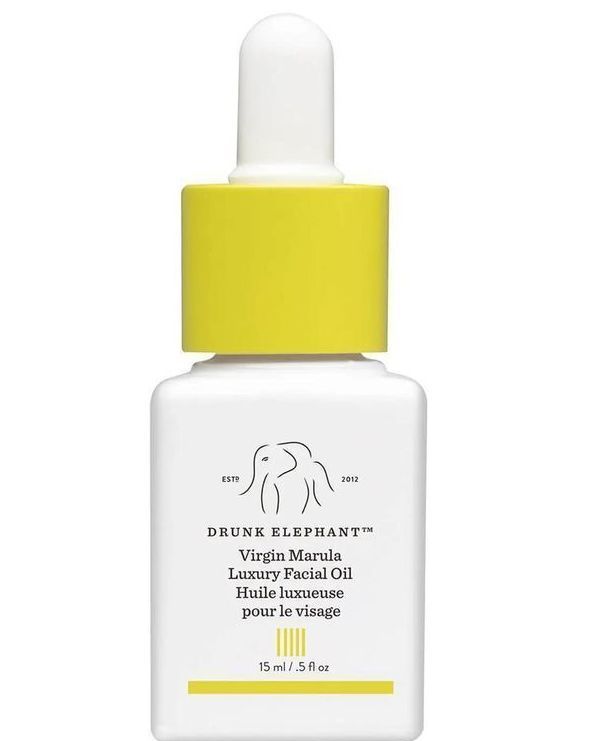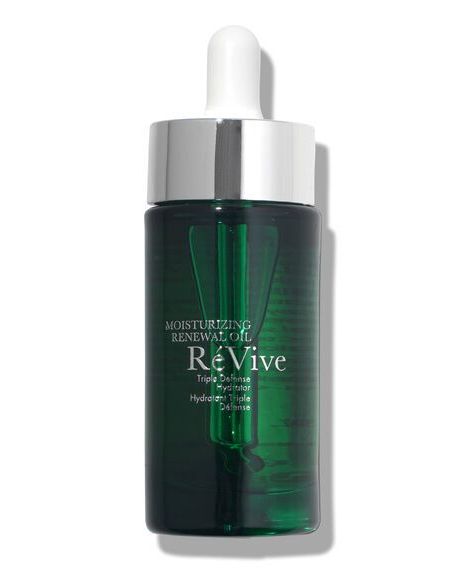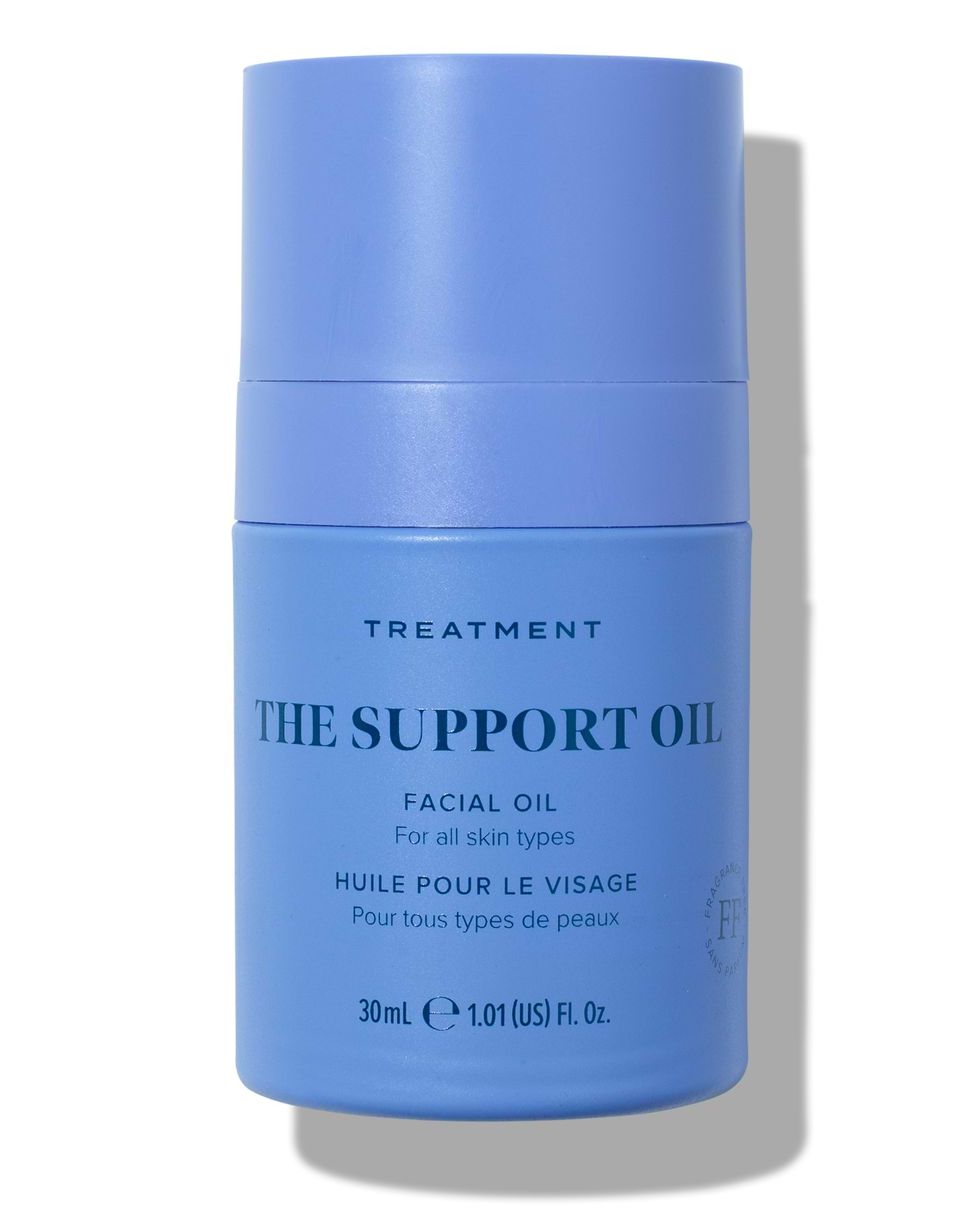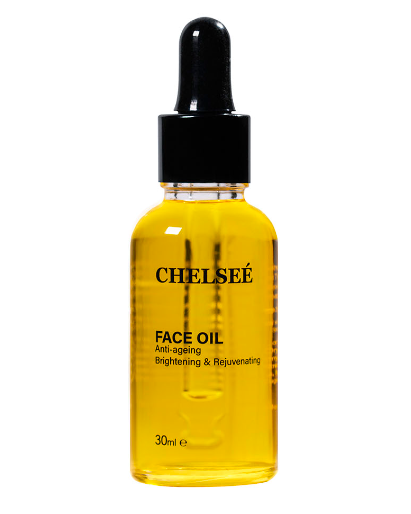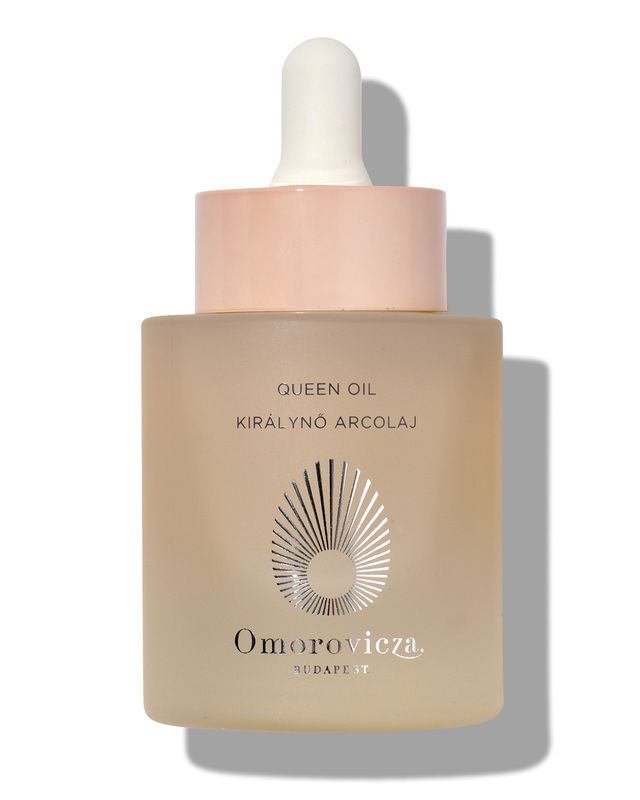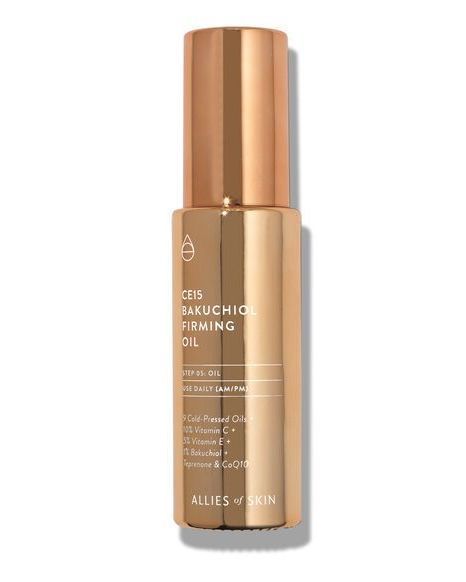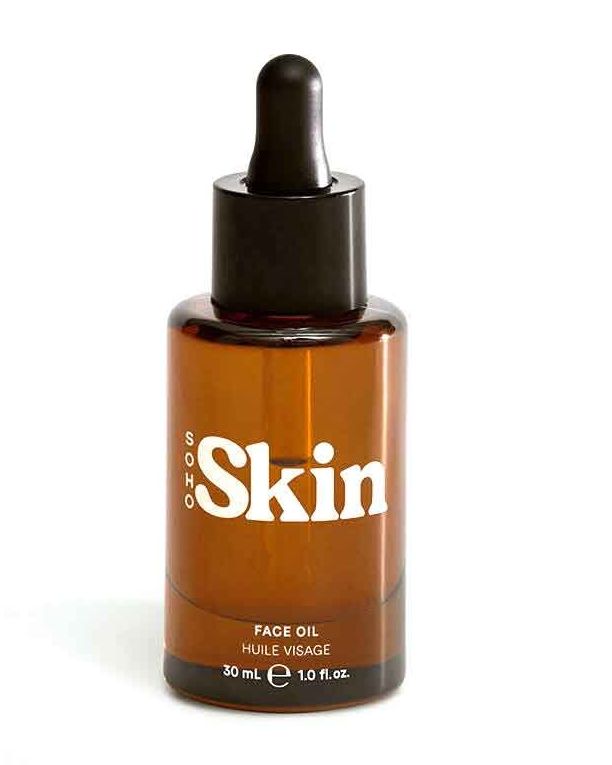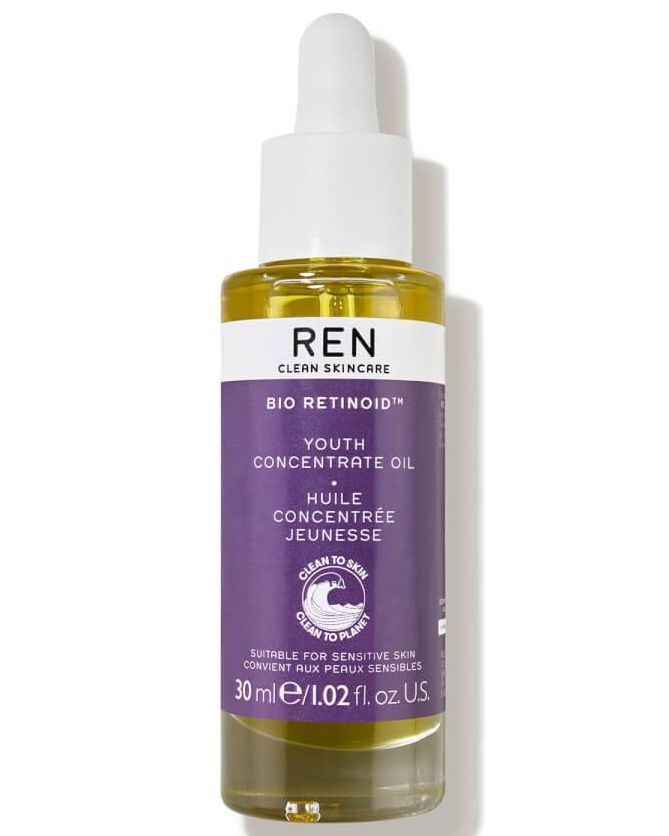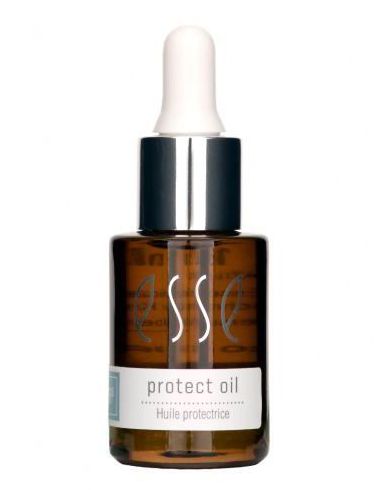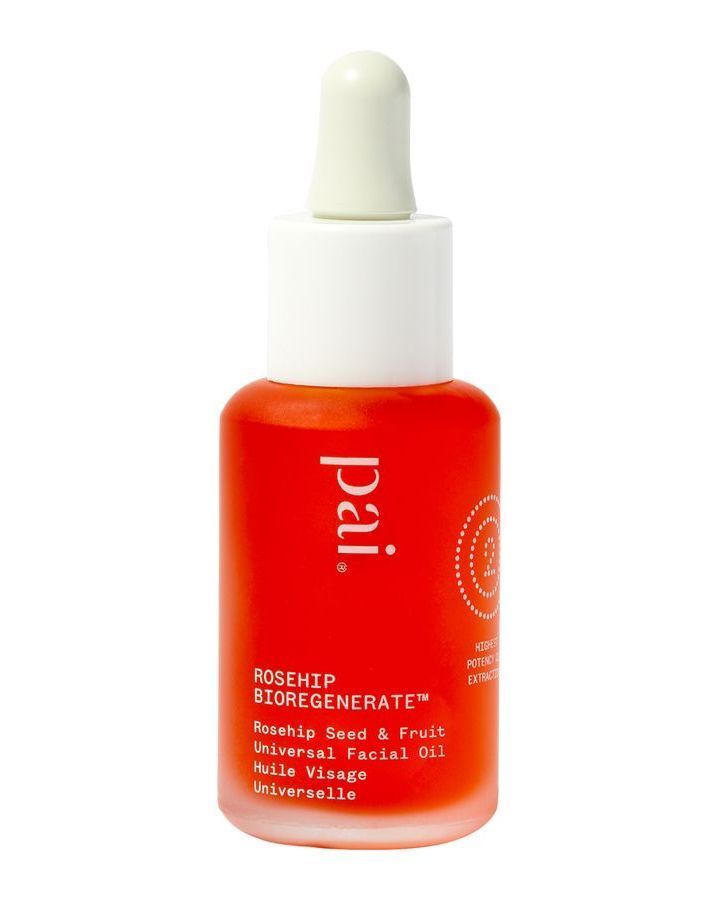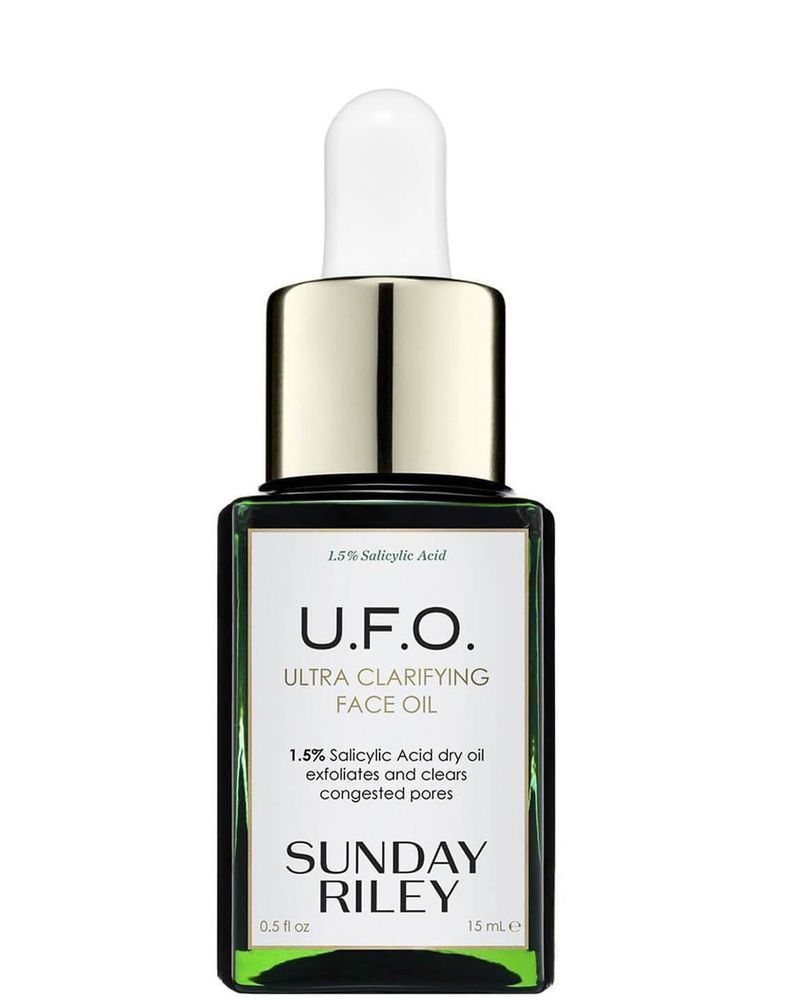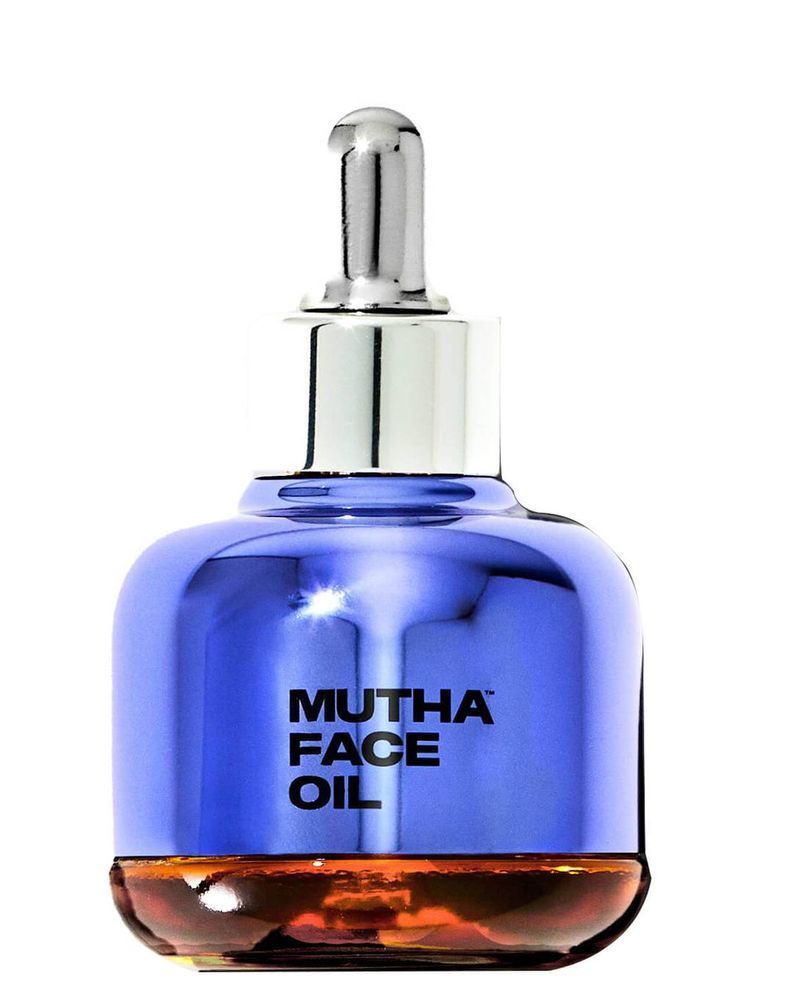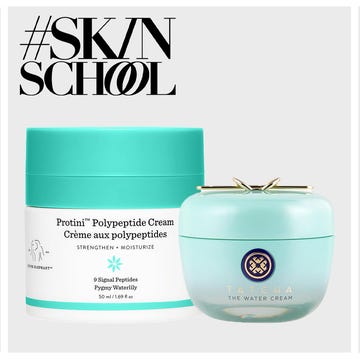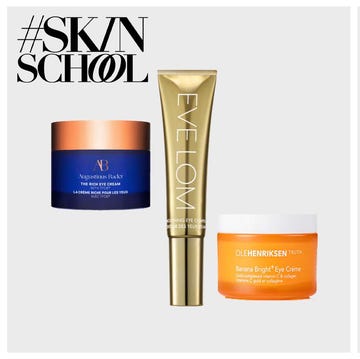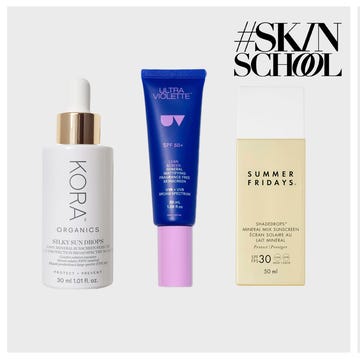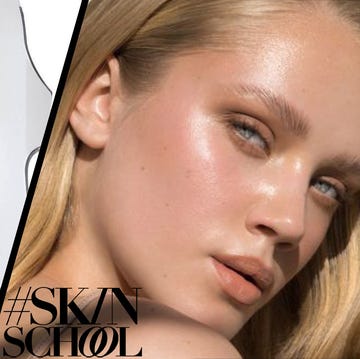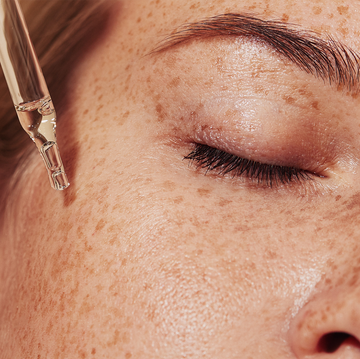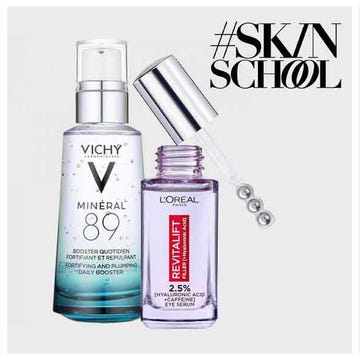We earn a commission for products purchased through some links in this article.
#SkinSchool: The best face oils, and the skin types they suit
Confused by face oils? See everything you need to know here
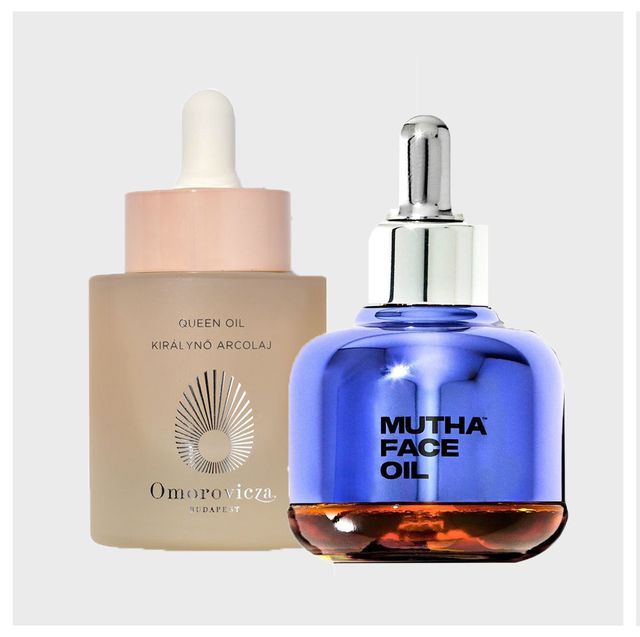
The skincare market has become awash with face oils in recent years; whether you’re after firmer skin, a brighter glow or deeper hydration, there’s a formula promising to deliver.
While the chilly climes of winter spur many of us to reach for a silky, soothing oil, the very notion of applying such formulas to the skin still strikes fear in some – surely, more oil equals more problems? Even if you’re already on board with face oils, mystery surrounding how to use them correctly (bigger still, how they actually work) abounds.
Here, we call on the experts to divulge the truth on face oils, from how they should be harnessed to the skin types that should be slathering them on. Read on for everything you need to know...
What is a face oil, and what do they do?
Contrary to popular belief, face oils are not simply mega moisturisers: in fact, they aren’t classed as moisturisers at all. As oils are not humectants, they can’t pull moisture in from the surrounding environment, and therefore cannot actually hydrate the skin.
As Dr. Bibi Ghalaie explains, oils should not be billed as moisturisers, “as they do not sink into the dermis and bind water to skin cells like moisturising creams or ointments do.” Instead, they sit on the skin’s surface (the epidermis) and prevent water from leaking out.” In this way, they can be considered a good sealant (an ‘occlusive’) for the skin, helping to form a protective layer.
Where do face oils sit in a routine?
It’s because of this occlusive nature that oils must be applied as the last step in your skin routine: slather a serum on top, and it won’t penetrate the oil, rendering it useless. However, applying a nurturing oil over the top of a good hyaluronic acid treatment, for example, will seal the deal, ensuring you get the most from your product.
“For me an oil is a booster product that can be used when needed, rather than an everyday staple – unlike a hydrator, which should be used every day” says Debbie Thomas, advanced skin and laser expert at D. Thomas Clinic. “A few drops of oil could be a better option than constantly switching moisturisers when you feel you need a little more of a boost.”
Which skin types do face oils suit?
According to Thomas, dry skin types will benefit most from a face oil: “especially skin with flaky dry patches, or a tight, dry sensation,” she says.
However, Dr. Ghalaie believes that almost every skin type can benefit from an oil: the key is simply using the right one. “Actually, all skin types can potentially benefit from an oil. The trick to using one in your skincare routine correctly and successfully is to select an oil that is well suited to your particular skin type” she says.
Acneic and easily congested skin should approach face oils with caution – but there's no need to discount them completely. Some oils are notorious pore-cloggers – as a general rule, avoid mineral oil, coconut and argan oils on the skin – but others, like tea tree and jojoba can work wonders for breakout-prone and easily upset complexions. As Thomas adds, a small amount of a well-chosen oil can even work to counteract the drying effects of traditional acne medications, such as benzoyl peroxide and tretinoin. There is no hard and fast rule – the key is to find the formula that works for you, and stick to it.
“The heaviness of an oil is determined by its molecular weight and this will affect which skin type it can be used on,” says Dr. Ghalaie. For example, jojoba oil is extremely lightweight and helps dissolve sebum, so it’s perfect for combination skin, while grape seed oil has astringent properties and is suited to oily skin. Drier skin needs a heavier oil and particularly ones rich in oleic acid, which is very hydrating and helps to seal in moisture – try almond and marula oils. And for sensitive skin, Dr. Ghalaie recommends aloe vera and moringa, which have strong anti-inflammatory properties.
Are essential oils good for skin?
Much has been made of the use of essential oils – such as tea tree, lavender and peppermint – due to their tendency to cause reactions in sensitive skin. Not all face oils contain essential oils, but some brands use them heavily, thanks in no small part to their aromatherapeutic powers.
“Essential oils, which are fragranced, are not the same as non-fragranced oils,” says Thomas. “Essential oils do have some benefits but are much more likely to cause irritation and reactions, so it’s best to avoid them.”
As Dr. Ghalaie adds, some essential oils – she namechecks tea tree and lavender – are generally extremely well tolerated (and beneficial) to skin, but others should be avoided, as “they are considered high risk in terms of causing sensitivity and adverse reaction on the skin.” The main offenders? “Cinnamon, clove, lemongrass and black pepper oil are notorious for causing skin reactions,” she says, and should never be used around the eye area or on inflamed, broken skin. Thankfully, these oils are very rarely found in skin products today.
What’s more, those with nut allergies should never use oils derived from nut trees, and certain citrus oils can cause increased sun sensitivity.
Below, discover the very best face oils to try now, from a fragrance-free soother for sensitive skin, to the ultimate hydrator for eternally dry complexions.
The best face oil for every skin type


